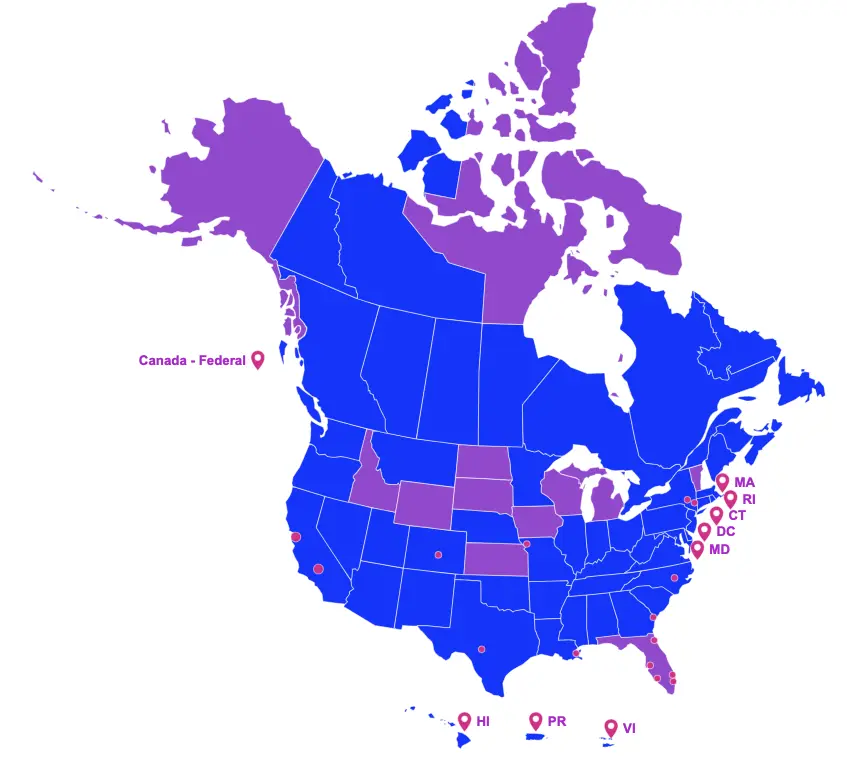THE INCENTIVES PROGRAM - TIP
A first look at our newsletter.
PROPOSED LEGISLATION
Still in the House or Senate
Florida (H 497) and (S 530)
House Bill 497 and Senate Bill 530 propose to establish the Florida Film, Television, and Digital Media Targeted Rebate Program. Program details are as follows:
- Creates a rebate of up to 20% of total qualified expenditures;
- Provides for an additional bonus of 3% (for a maximum of 23%) of total qualified expenditures if:
- 75% or more of the project’s production will take place in an underutilized county; or,
- The content is deemed family friendly;
- Qualifies:
- Goods and services rented or leased from an in-state vendor with a physical presence in-state; and,
- The first $200,000 of wages/salaries and fringes for each resident;
- Requires that a production company project that:
- At least 60% of cast and crew be Florida residents;
- At least one military veteran is hired; and,
- Spend 70% of total production days in Florida.
- Creates a per project cap of $2 million;
- Requires the following minimum qualified spend:
- Film projects: at least $1.5 million;
- Television series: at least $500,000 per episode; and,
- Digital media projects: at least $1.5 million;
- Creates two application windows during the fiscal year:
- the first five business days of July; and,
- the first five business days of January.
- Requires “Filmed in Florida” logo or statement in the end credits;
- Requires an independent CPA to audit all qualified expenditures;
- Requires that projects be considered on a positive economic impact basis and not first-come, first-served; and,
- Establishes a sunset date of June 30, 2023.
These provisions shall take effect upon becoming law.
North Carolina (S 578)
Senate Bill 578 proposes to amend the North Carolina Film Grant Program as follows:
- Reduces the minimum spend thresholds as follows:
- $1.5 million for a feature-length film, previously $3 million;
- $500,000 for a TV movie, previously $1 million; and,
- $500,000 average per episode for a TV series, previously $1 million.
- Increases the per project incentive cap as follows:
- $15 million for a feature-length film, previously $12 million.
These provisions shall take effect upon becoming law.


